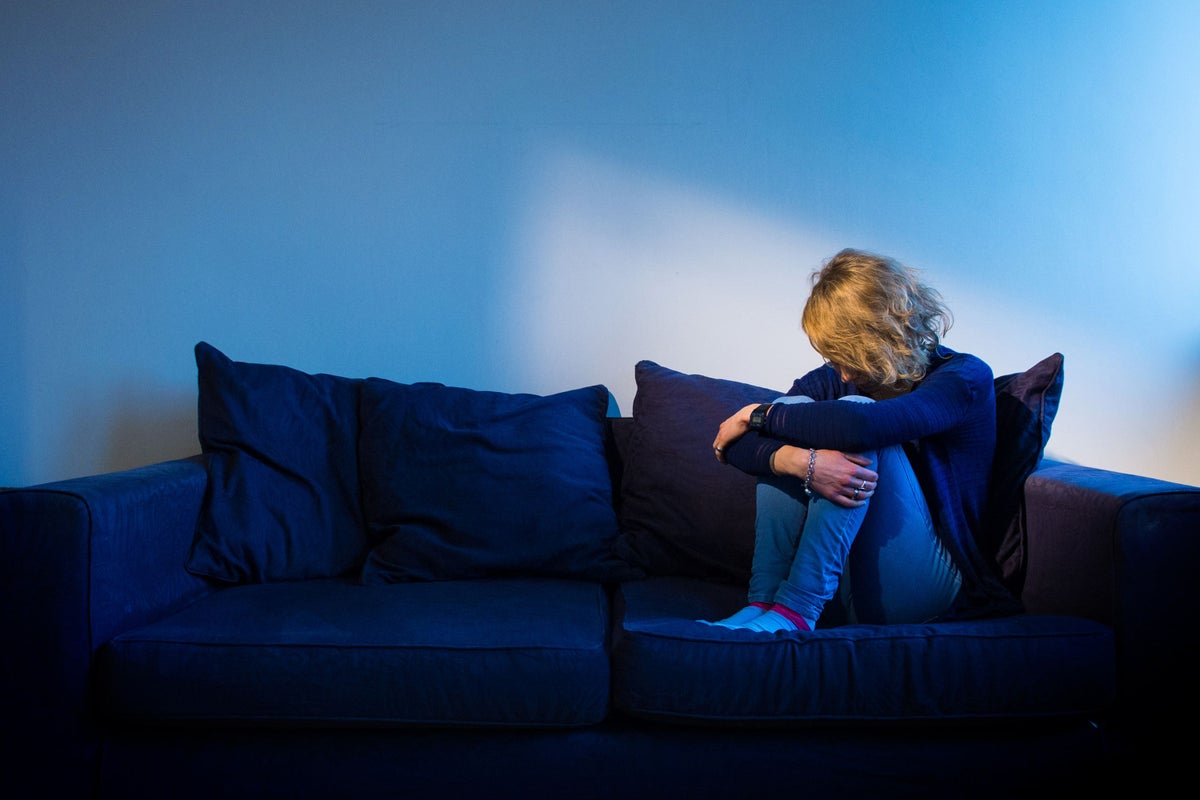
Plans to fine separating couples who refuse to take part in mediation could enable domestic abusers to “control and coerce” their victims, experts have warned.
New proposals would make it compulsory for parents in England and Wales to take part in mediation – with the government hoping the scheme will ease pressure on family court backlogs.
Cases involving child protection concerns or domestic abuse would be exempt but charities told The Independent the plans could endanger victims.
A consultation on the policy finished in June and the Ministry of Justice is due to publish its decision on the plans in the autumn.
Ruth Davison, chief executive of domestic abuse charity Refuge, said: “Whilst it is important that the government has made the distinction that couples mediation would not be appropriate for survivors of domestic abuse, we know that due to the insidious nature of coercive control and the dynamics of domestic abuse, this may not always work in practice.
“Refuge are concerned there is a risk that some survivors could fall through the cracks and be forced into mediation which would be a huge miscarriage of justice.”
Mandip Ghai, of Rights of Women, a women’s rights legal charity, warned “discriminatory attitudes embedded in the family justice system” already meant victims felt pressured into taking part in mediation.
Ms Ghai, a senior legal officer, warned that the government’s own Risk of Harm to Children and Parents in Private Law Children’s Cases, published in 2020, had exposed cases of domestic abuse survivors being forced into mediation despite the exemptions and protections already in place.
She added: “The proposed amendments are likely to increase expectations and pressure on survivors to mediate. Survivors who mediate experience abuse ranging from coercive and controlling behaviour, intimidation and physical abuse during mediation.”
— (PA Archive)
People who go through the family courts are there as “they have to be there, not because they want to be there”, Ms Ghai, whose organisation runs a family law advice line, said.
“Those who can mediate, do,” she explained. “Compulsory mediation may well reduce pressure on courts but it will be at the cost of adding further trauma to survivors of domestic abuse”.
Dr Charlotte Proudman, a prominent barrister who specialises in violence against women and girls, said she had witnessed firsthand how mediation in cases of domestic abuse “can go horribly wrong”.
She cited how in one case, a victim said she felt pressurised by her ex into mediation to agree to child arrangements in a case where there was a civil restraining order in place.
“She had to come face-to-face with her abuser where the same imbalance of power and abuse tactics played out, resulting in what she described as an unsafe arrangement,” Dr Proudman said.
Adrienne Barnett, an academic at Brunel Law School who specialises in the family courts, explained domestic abuse victims can be “overlooked” by the courts.
Dr Barnett, who specialised in family law while practising as a barrister for more than 30 years, said: “Mediation can provide domestic abusers with another opportunity to control, coerce and intimidate their victims. Research previously found during assessment meetings to work out if mediation was appropriate, a fraction of the time was spent screening for domestic abuse.”
Rebecca Goshawk, of advice service Solace Women’s Aid, said: “We fear that some survivors won’t necessarily want to initially disclose abuse, as they know their experience could be disbelieved or minimised in the family courts, or may not realise that their experience is abuse.
“Due to post-separation abuse, other survivors may feel pressured to go through mediation.”
A spokesperson for the Ministry of Justice said the proposals were “absolutely clear” that where there are concerns of domestic abuse cases should go directly to court.
“All mediators are accredited and required to undertake specialist training to spot the signs of abuse and coercive control and will signpost victims to appropriate support services,” the representative added.

.jpg?w=600)





